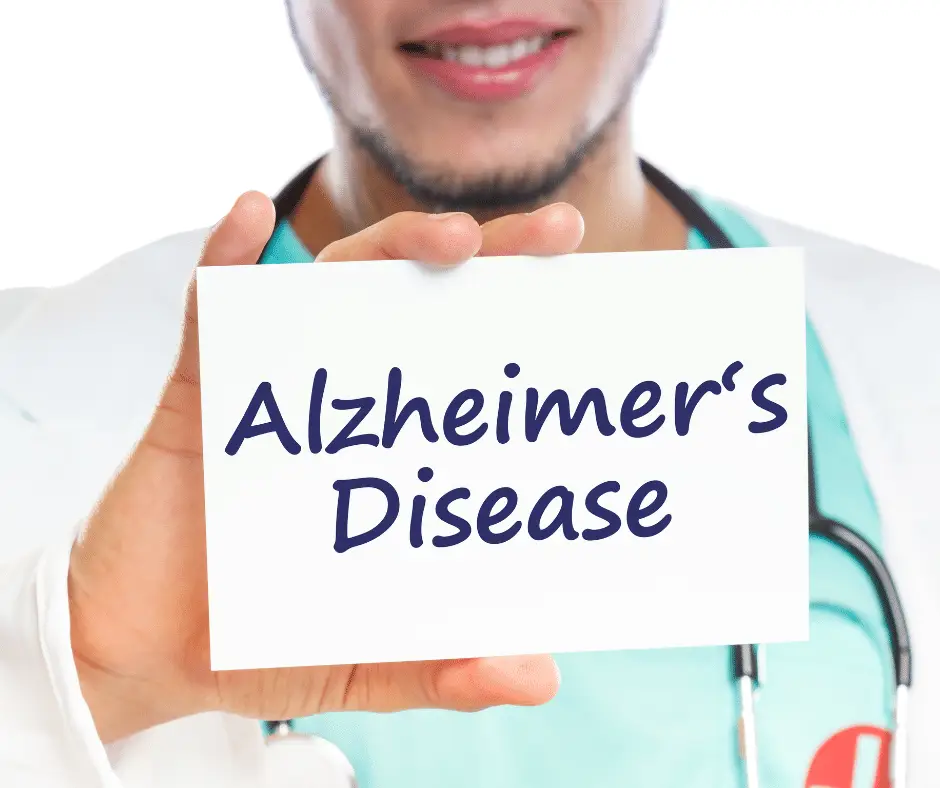What is Alzheimer's Disease?
A Guide for Patients and Families: What is Alzheimer’s Disease?
Alzheimer’s disease is a progressive neurological disorder that impairs memory, cognitive abilities, and behavior. It’s the leading cause of dementia, which describes a set of symptoms affecting daily life. As Alzheimer’s advances, it leads to significant memory loss, difficulty in performing familiar tasks, and changes in personality. The disease primarily affects people over the age of 65, though younger individuals can develop early-onset Alzheimer’s.

Symptoms and Stages of Alzheimer’s Disease
Understanding Alzheimer’s stages can help families prepare and adapt to the disease’s progression. Each stage presents unique challenges:
- Early (Mild) Stage: Minor memory issues arise, such as forgetting recent events or misplacing items. Patients might have trouble planning or organizing, but can still function independently.
- Moderate (Middle) Stage: Memory lapses become more noticeable, impacting daily tasks. Patients may become confused about time or place, experience mood swings, and show personality changes. Social withdrawal is common.
- Severe (Late) Stage: In this stage, individuals require extensive care. Speech is limited, memory is greatly impaired, and they may lose awareness of their surroundings and loved ones.
What Causes Alzheimer’s Disease?
The exact cause of Alzheimer’s is not fully understood, but several factors may contribute:
- Genetic Factors: Certain genes, such as APOE-e4, increase the risk of Alzheimer’s. Family history also plays a role.
- Brain Changes: Alzheimer’s is marked by abnormal clumps (amyloid plaques) and tangled fibers (tau tangles) in the brain, which interfere with brain cell communication.
- Lifestyle and Health: Conditions like high blood pressure, diabetes, and obesity may increase the risk. Conversely, a healthy diet, regular exercise, and mental stimulation are thought to lower risk.
Recognizing the Early Signs of Alzheimer’s
Detecting Alzheimer’s early can improve quality of life. Watch for signs like:
- Memory loss that disrupts daily life
- Difficulty in problem-solving or completing familiar tasks
- Confusion with time or place
- Changes in mood, personality, or social behavior
- Trouble with visual and spatial relationships
Treatment Options for Alzheimer’s Disease
While there is no cure for Alzheimer’s, treatment can help manage symptoms and enhance quality of life:
- Medications: Drugs like cholinesterase inhibitors and memantine help stabilize cognitive function temporarily.
- Lifestyle Adjustments: Physical exercise, balanced diet, and mental activities promote brain health. Simple routines and visual cues can make daily tasks easier for patients.
- Therapies and Support Programs: Cognitive behavioral therapy, support groups, and memory care services provide valuable support to both patients and caregivers.
Supporting a Loved One with Alzheimer’s Disease

Caring for someone with Alzheimer’s is both challenging and rewarding. Here are ways to offer meaningful support:
- Patience and Understanding: Understand that memory lapses and confusion are symptoms of the disease. Offer gentle reminders and reassurance.
- Create a Safe and Comfortable Environment: Keep surroundings consistent and organized. Familiar objects and photos can help patients feel at ease.
- Engage in Enjoyable Activities Together: Activities like listening to music, going for short walks, or doing simple crafts can enhance mood and engagement.
The Emotional Impact of Alzheimer’s on Families
Making plans early can ease stress and help families feel prepared. Important steps include:
- Discuss Long-Term Care Options: Options like in-home care, memory care facilities, or assisted living can meet various levels of support.
- Legal and Financial Planning: Power of attorney, living wills, and financial arrangements are essential to manage care costs and ensure that a loved one’s wishes are honored.
- Medical Directives: Advanced medical directives specify healthcare preferences in case a person is unable to make decisions.
Planning for the Future with Alzheimer’s
Creative expression is a powerful way to improve mental health. Engaging in creative activities like painting, writing, gardening, or playing music allows you to express emotions and relieve stress. Even if you’re not an artist, creativity helps shift focus from daily worries and boosts self-esteem by giving you a sense of accomplishment. Try journaling, doodling, or learning a new skill like photography. The goal isn’t perfection but the process of expressing yourself freely, which can be incredibly liberating and therapeutic.
Living Well with Alzheimer’s
Living well with Alzheimer’s involves staying engaged and connected. Maintaining a routine, participating in activities, and focusing on physical health can positively impact well-being. Many people with Alzheimer’s still enjoy activities like listening to music, gardening, or spending time with loved ones, which can bring comfort and joy.
New Research and Hope for the Future
Researchers are exploring new therapies and prevention strategies to slow the progression of Alzheimer’s and improve quality of life for patients. Clinical trials and advancements in understanding the disease’s mechanisms are promising for future generations. Participating in or supporting Alzheimer’s research is a way to foster hope for a cure.
Final Thought: Finding Strength in the Journey
Facing Alzheimer’s can be overwhelming, but you are not alone. By staying informed and building a support network, patients and families can navigate this journey with courage and resilience. Resources like support groups, memory care programs, and counseling can provide comfort and guidance every step of the way. Remember, with the right care, Alzheimer’s patients can still experience moments of joy, connection, and dignity.